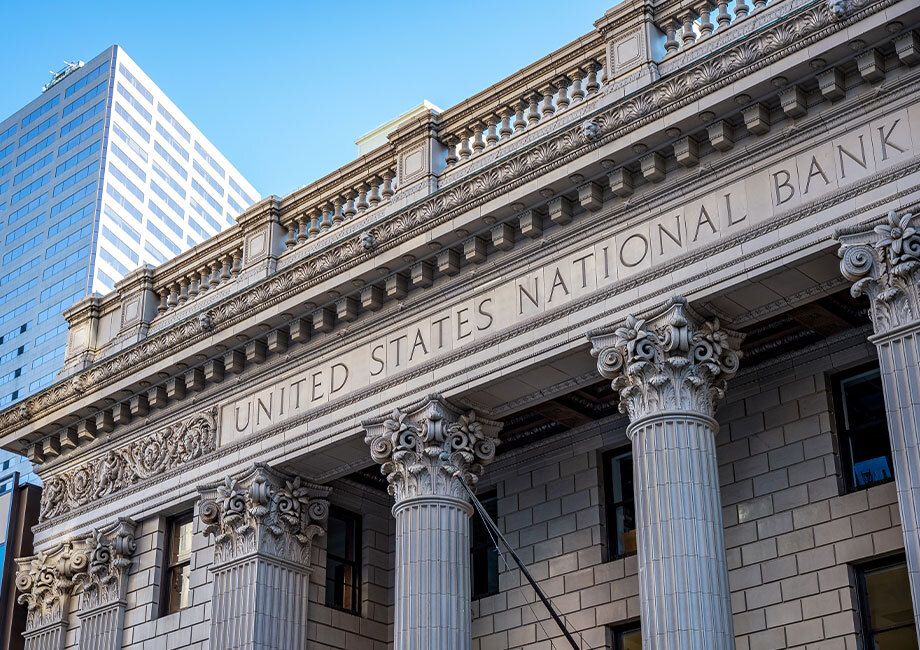Inflation in Spain, France and Germany Looms Large on the ECB’s Radar
The will they won’t they debate rages on as to whether or not the European Central Bank will raise interest rates by 25 basis points at their next meeting on 14th September. Experts suggest that recent data released shows Germany’s inflation slowing at a less than expected rate, as inflation in Spain increased. Whilst inflation remains low in Spain, it quickened again in August where consumer prices rose by 0.3% from July to 2.4% with analysts advising that the increase was driven by fuel costs.
Furthermore, recent figures released showed inflation accelerating in France rising by 5.4% from August 2022, with analysts advising the increase in the eurozone’s second largest economy was due to the cost of energy. Figures released today for August, for the eurozone which encompasses 20 countries confirmed overall inflation remained at 5.3% defying expectations that there would be a drop to 5.1%.
This has left the markets with a conundrum as to whether or not the ECB will raise interest rates again. However, with the latest data emerging from France, Spain, Germany and the rest of the eurozone, the markets appear to be leaning towards a hike in interest rates. The feeling is that if there is any evidence of strong consumer price growth, the ECB may well err on the side of caution and raise interest rates, especially if there are signs that any underlying pressures remain doggedly high.
There are growing signs that the bloc itself is heading for an economic downturn, however many investors feel that the price data will be enough to tip the balance in favour of the hawks whereby the ECB will raise interest rates for a 10th consecutive time on September 14th. However, the doves on the ECB’s governing council will argue for at least a pause due to a rapidly deteriorating economic background across the eurozone.
Meanwhile, many economists are split on the subject of a rate hike. Some favour no rise saying that the upward pressure on underlying prices has continued to ease thereby negating a decision by the ECB to hike interest rates. Opposing opinions suggest that the latest inflation figures will probably ensure one more rate hike. Whichever way it goes, Christine Lagarde the president of the ECB is playing her cards close to her chest and has yet to give any indication as to where the cards will fall.










